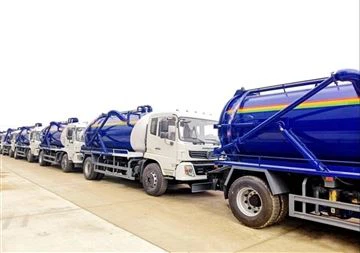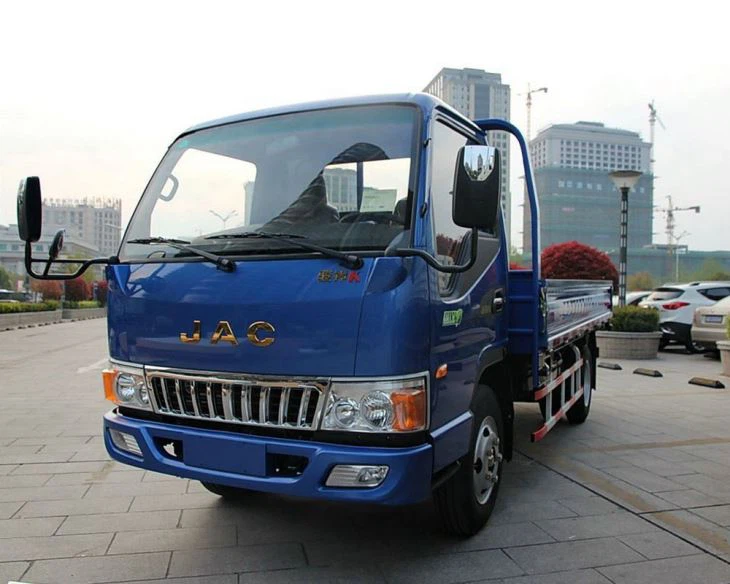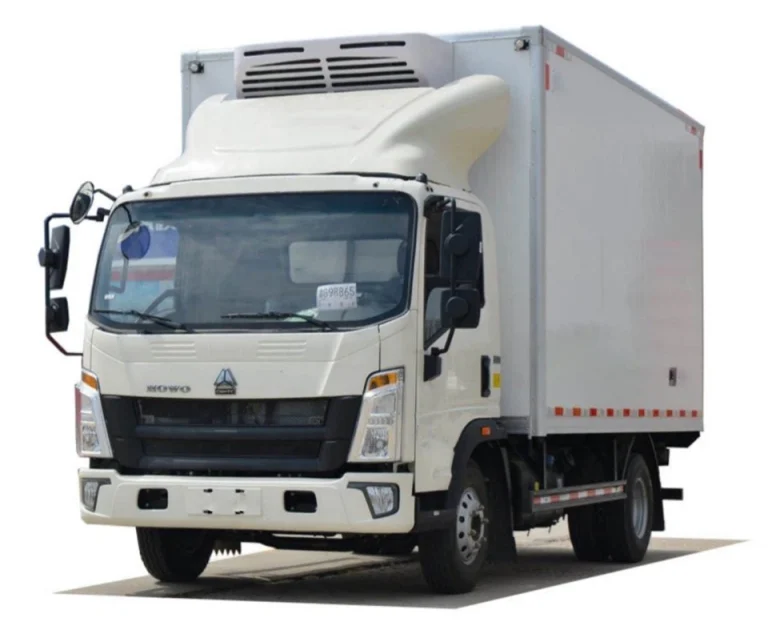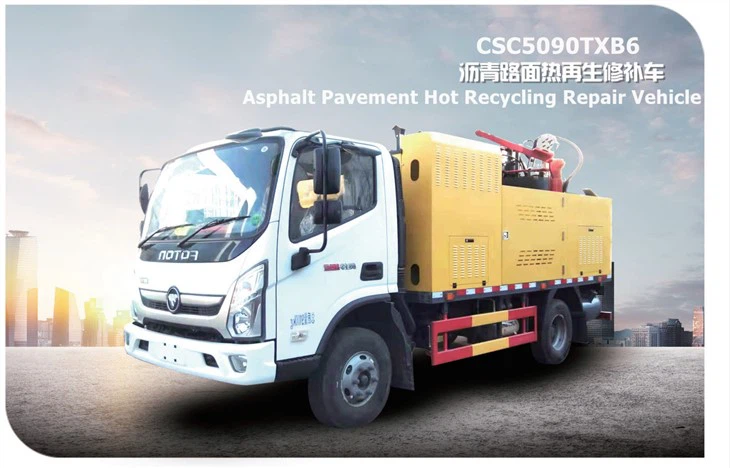Are you in the market for a waste truck? Whether for municipal services or private waste management, choosing the right truck is pivotal. In this article, we will explore everything you need to know before purchasing a waste truck, including types, features, pricing, and maintenance tips. No matter your specific needs or budget, this comprehensive guide will provide practical advice to help you make an informed decision.
Understanding the Types of Waste Trucks
Before diving into the specifics of purchasing a waste truck, it’s essential to understand the different types of waste trucks available on the market.
1. Front-Load Waste Trucks
Front-load waste trucks are commonly used for commercial waste collection. They have large containers that can be easily lifted and emptied by the truck’s hydraulic system.
Advantages
- Efficient for commercial settings
- Highly maneuverable
- Reduced labor costs
Disadvantages
- Not ideal for residential use
- Higher wear and tear on equipment
2. Rear-Load Waste Trucks
Rear-load trucks are versatile and often used for both residential and small commercial waste collection. They allow workers to load waste from the back of the truck.
Advantages
- Good for tight spaces
- Cost-effective
- Easy to use
Disadvantages
- Limited capacity
- Slower loading process
3. Side-Load Waste Trucks
Side-load trucks provide easy access to containers placed at the curb. They are particularly beneficial for residential routes with many stops.
Advantages
- Reduces worker fatigue
- Efficient for residential collection
Disadvantages
- Poor visibility when loading
- Higher maintenance costs
Key Features to Look for in a Waste Truck
When searching for a waste truck, keep an eye out for these key features that can enhance performance and efficiency.
1. Payload Capacity
Consider the payload capacity of the truck as it determines how much waste can be transported at a time. Ensure that it fits your operational requirements.
2. Fuel Efficiency
Waste collection can be fuel-intensive. Look for trucks that offer high fuel efficiency to reduce operational costs.
3. Durability and Build Quality
The truck should be durable enough to handle the rigors of waste collection. Look for strong materials and robust design.
4. Safety Features
Safety is paramount while operating waste trucks. Some important safety features to look for include:
- Backup cameras
- Blind-spot monitoring
- Stability control systems
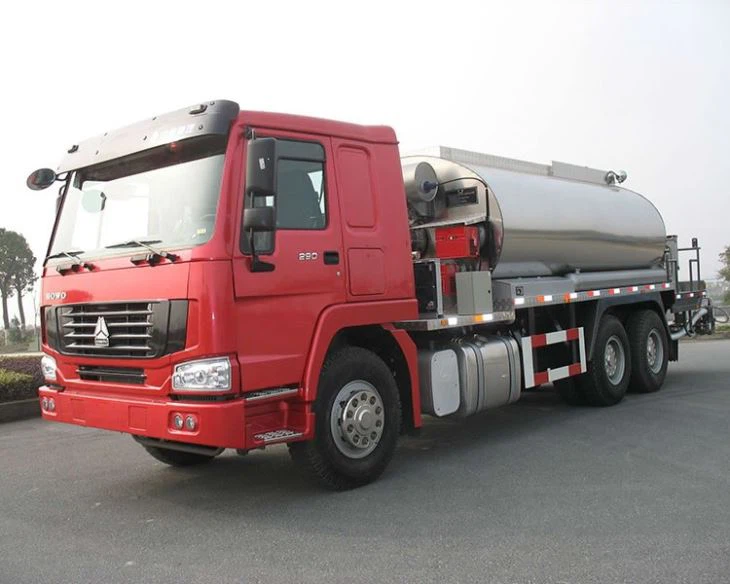
Cost Considerations When Buying a Waste Truck
The price of waste trucks can vary significantly based on features, capacity, and brand. Here’s a breakdown to guide your budgeting:
| Truck Type | Average Price | New vs Used |
|---|---|---|
| Front-Load | $120,000 – $250,000 | Used – $50,000 – $100,000 |
| Rear-Load | $80,000 – $180,000 | Used – $30,000 – $70,000 |
| Side-Load | $90,000 – $200,000 | Used – $40,000 – $90,000 |
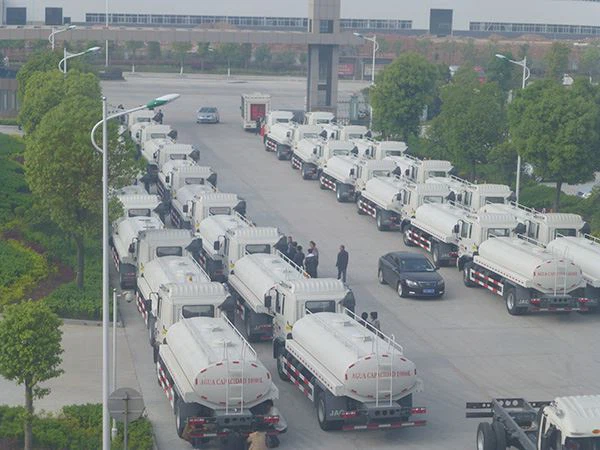
How to Source Waste Trucks for Sale
Finding the right waste truck for sale involves exploring various sources. Here are practical steps to guide you:
1. Online Marketplaces
Websites like eBay, Craigslist, and specialized heavy equipment marketplaces often list new and used waste trucks for sale.
2. Dealerships
Local and national dealerships specializing in heavy-duty trucks can provide a range of options with warranties and service packages.
3. Auctions
Participating in municipal or government auctions can yield excellent deals, especially for used trucks that are well-maintained.
4. Classified Ads
Local newspapers and trade magazines often feature classified ads that can direct you to sellers.
Evaluating the Condition of a Used Waste Truck
If considering a used waste truck, ensure to evaluate its condition thoroughly. Here are tips to guide you:
1. Inspect the Engine and Transmission
Check for leaks and listen for any unusual noises during operation. A well-maintained engine is crucial for performance.
2. Assess the Body and Chassis
Look for rust, dents, and signs of previous accidents or repairs. A sound body structure extends the truck’s lifespan.
3. Review Maintenance Records
Ask for maintenance records to understand the truck’s service history. Regular servicing is a positive sign.
4. Test Drive
Take the truck for a test drive to assess handling, braking, and overall functionality.
Financing Options for Purchasing a Waste Truck
Financing a waste truck can ease the financial burden. Explore the following options:
1. Bank Loans
Traditional bank loans often have favorable interest rates and terms for purchasing equipment.
2. Leasing Options
Leasing a waste truck allows you to use the vehicle without significant upfront costs. At the end of the lease, you may have the option to buy the truck.
3. Dealer Financing
Many dealerships offer their financing options, sometimes at competitive rates. Discuss these options during your visit.
4. Government Grants
Certain municipalities or states offer grants for environmentally-friendly waste management solutions. Research your eligibility.
Maintenance Tips for Your Waste Truck
Keeping your waste truck in top condition can prolong its lifespan and enhance performance. Here are vital maintenance tips:
1. Regular Oil Changes
Oil changes should be performed as per the manufacturer’s guidelines. Clean oil ensures the engine runs smoothly.
2. Inspect Tires Regularly
Check tire pressure and tread depth to avoid blowouts. Rotating tires can prolong their life.
3. Clean the Truck
Keep the truck clean to prevent residue build-up, which can lead to corrosion and mechanical issues.
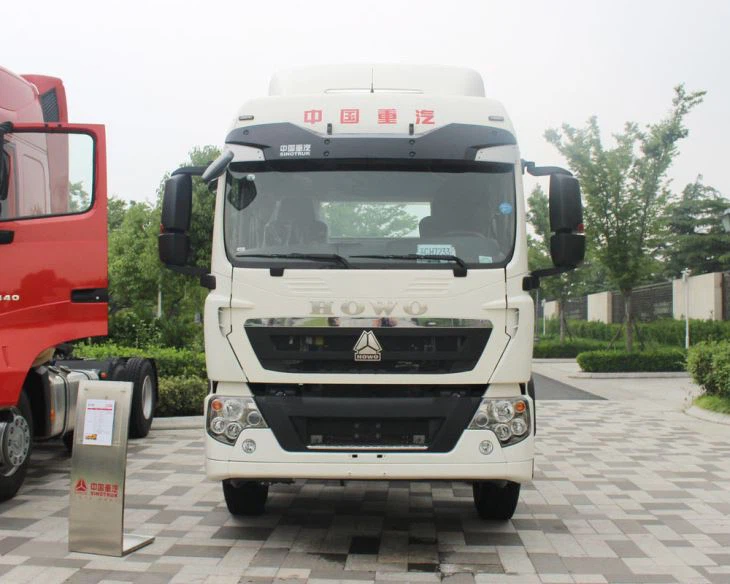
4. Check Hydraulic Systems
Inspect hydraulic hoses and connections regularly. Replace any damaged or worn-out parts immediately.
Frequently Asked Questions (FAQ)
1. What type of waste truck is best for residential pickup?
Rear-load and side-load waste trucks are typically the best options for residential waste collection due to their efficiency in handling small loads.
2. How often should I perform maintenance on my waste truck?
Regular maintenance should be performed according to the manufacturer’s recommendations, usually every 5,000 to 10,000 miles or based on the operating hours.
3. Can I finance a used waste truck?
Yes, most banks and dealerships offer financing options for used waste trucks, but terms may vary based on the truck’s age and condition.
4. Are there eco-friendly waste truck options available?
Yes, many manufacturers now offer eco-friendly waste trucks that utilize alternative fuels such as compressed natural gas (CNG) or electric systems.
5. What is the average lifespan of a waste truck?
With proper maintenance, a waste truck’s lifespan typically ranges from 10 to 15 years. Regular servicing plays a crucial role in extending longevity.
6. How do I know if I need a new or used waste truck?
Your decision should be based on your budget, usage requirements, and whether a new truck’s features are essential for your operations. Assess your needs thoroughly.

